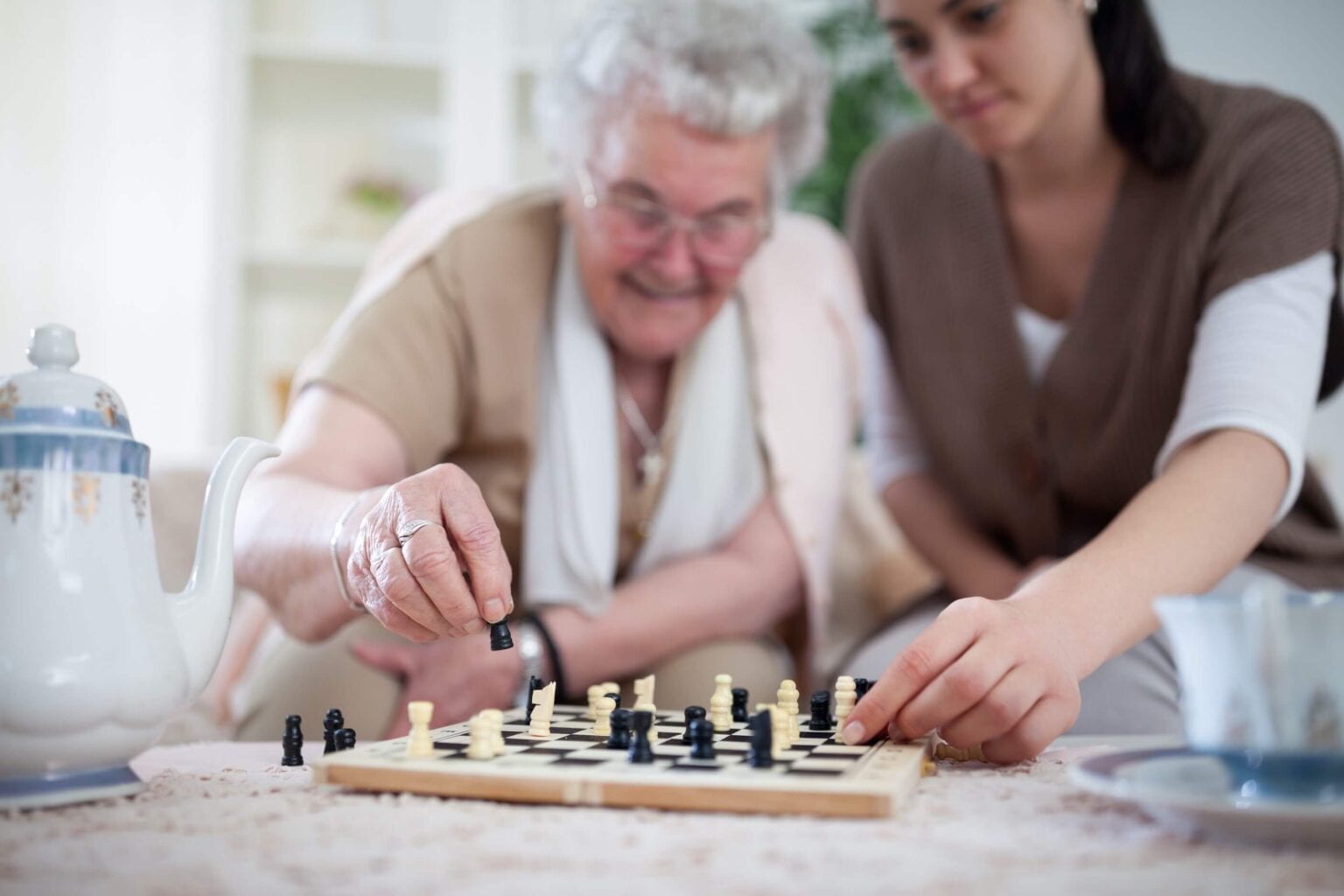Dementia is a very common condition which usually sets in during old age. It is difficult to know the exact number of people living with dementia, because there is a low diagnosis rate, but 24.6 million people in the UK know a family member or close friend with the condition according to Alzheimer’s UK research.
With an ageing population, the cases of dementia will only increase and there is still no cure. Age is the biggest risk factor for developing dementia, and 1 in 3 people born in 2015 will develop it during their lifetime. However common the condition is, it is still very upsetting when a loved one is diagnosed with dementia.
As dementia is a progressive disease, you may have quite a bit of time before having to talk about care. There are different stages of Alzheimer’s disease and dementia, and as your loved one moves through the stages they will need a higher level of care. Whether you decide to care for your relative yourself or require professional dementia care, it can be very difficult to see someone you love struggle with communication and their memory. During the later stages they may not recognise you and this can be particularly upsetting.
Coping strategies for those affected by dementia
If someone you love has dementia, it’s not just their life that changes – yours will too. Whether it’s a parent or a spouse, and whether you are the primary caregiver or not, your relationship will change. You may both feel angry or frustrated at the lack of control over the disease, and take out these emotions on one another.
Here are some top tips to remember:
Give the dementia sufferer independence – one of the most difficult things to accept is the loss of independence. Don’t always offer to help, let them do as much as they can for themselves. Focus on what they can still do and don’t make a big deal of what they can no longer do.
Educate yourself – do your research on the type of dementia your loved one is suffering from. This will help you understand their mood swings and changes in personality, and help you know what to expect.
Stay positive – positivity speaks volumes. If you stay positive about the situation, hopefully so will your loved one. Remember that people with dementia can live for decades, so this could be a long process and it’s important to make the most of the good times.
If you need help, reach out to a family member or find a support group. You can’t look after a loved one if you don’t look after yourself.
Schedule a free assessment
Get in touch to speak with our care team about your ideal care plan.



